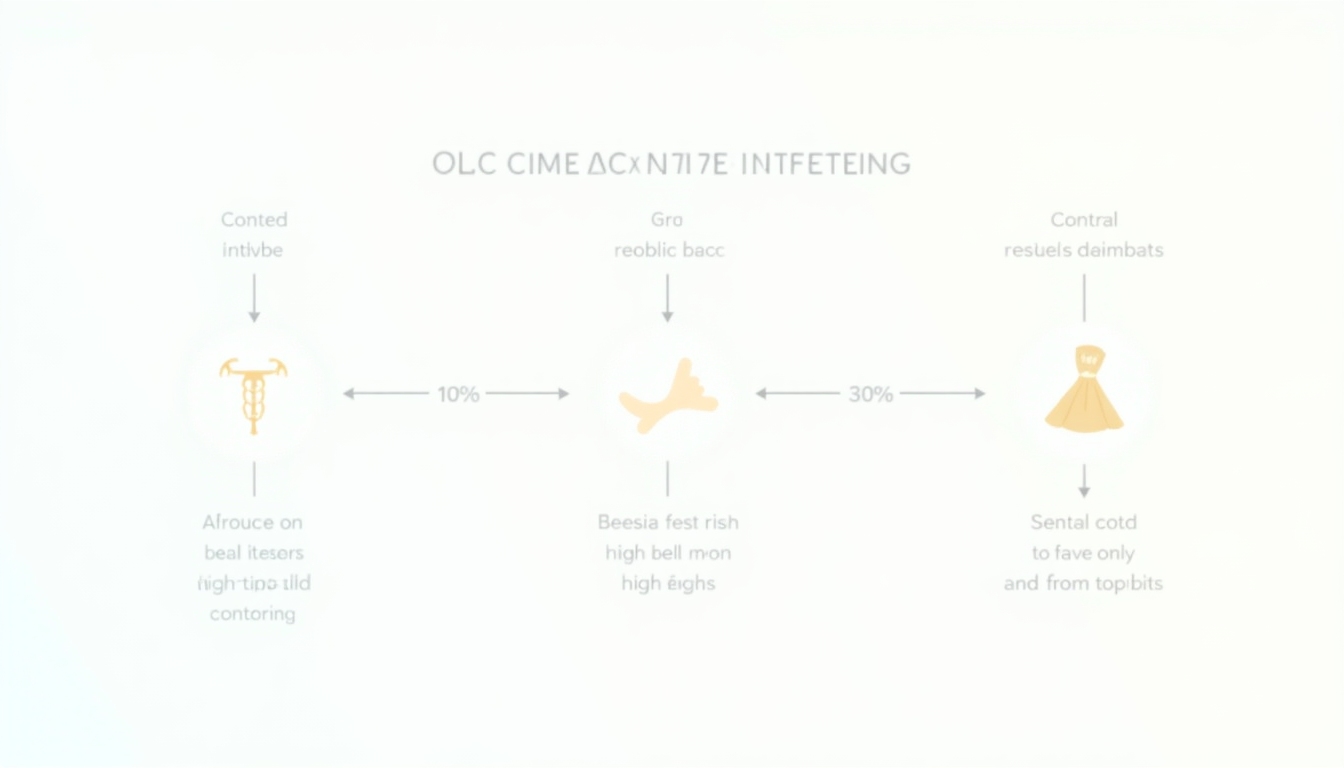Unexplained Infertility and Genetic Testing: A Comprehensive Guide
Dec. 1, 2024, 4:41 a.m.
Unexplained Infertility: An Overview
Unexplained infertility can be a deeply frustrating and emotionally charged journey. This guide explores its implications, including the role of genetic testing in uncovering hidden causes, aiming to empower you with knowledge.
Understanding Unexplained Infertility
Unexplained infertility is a condition where couples face difficulties in conceiving despite having no identifiable medical cause after thorough testing. Affecting nearly 10-20% of couples facing infertility, it often leaves individuals perplexed and anxious.
Causes and Challenges
The absence of a clear diagnosis means couples are often left facing multiple rounds of inconclusive tests and medical consultations. This situation can be emotionally draining, leaving many to wonder if they should seek alternative explanations.
Questions such as, “Have I missed something?” or “Is there a hidden genetic factor?” are common. The absence of answers often leads to a deeper exploration of options available, such as genetic testing. Understanding potential genetic predispositions can shine new light on the unexplained nature of infertility.
Genetic Testing: A Ray of Hope
Genetic testing involves analyzing DNA to uncover potential abnormalities that could be interfering with fertility. With advances in technology, comprehensive genomic testing has become a pivotal part of infertility assessments, offering answers to previously unresolvable quandaries.
Genetic testing can sometimes identify chromosomal abnormalities that may not be apparent through traditional fertility testing. This can include testing for genetic variants related to female infertility or issues linked to male partners, thereby giving couples a clearer roadmap to tackle their infertility.

Personal Insights: Navigating the Journey
Many couples share experiences of how understanding their genetic makeup provided a pivotal turning point. Learning from stories like that of Emma and John, who discovered a chromosomal anomaly through genetic testing, can be inspiring and guide others facing similar challenges.
Emma shares her journey: “We felt like we were running in circles until the genetic tests revealed a rare condition that wasn't visible in prior assessments. It was both a relief and a new challenge, but now we understood a part of our journey that was previously a mystery.”
Practical Steps to Consider
Couples dealing with unexplained infertility should consider the following actionable steps:
- Consult with Specialists: Engage with fertility specialists or genetic counselors who can provide detailed insights into what genetic testing can offer.
- Understand Your Options: Not all genetic tests are created equal. Discuss different types such as preimplantation genetic testing (PGT) or next-generation sequencing (NGS) with your doctor.
- Evaluate the Emotional and Financial Impact: Genetic testing can be costly and requires significant emotional investment. Be prepared for the various outcomes and potential next steps.

Managing Emotional Well-being
The journey through unexplained infertility and genetic testing can be emotionally taxing. It’s important to prioritize mental health by engaging with support groups or counseling. Knowing that others understand can alleviate feelings of isolation.
Conclusion: Moving Forward
Though challenging, unexplained infertility and genetic testing can open doors to new possibilities. While not all unexplained cases resolve, understanding genetics can provide a clearer path forward.